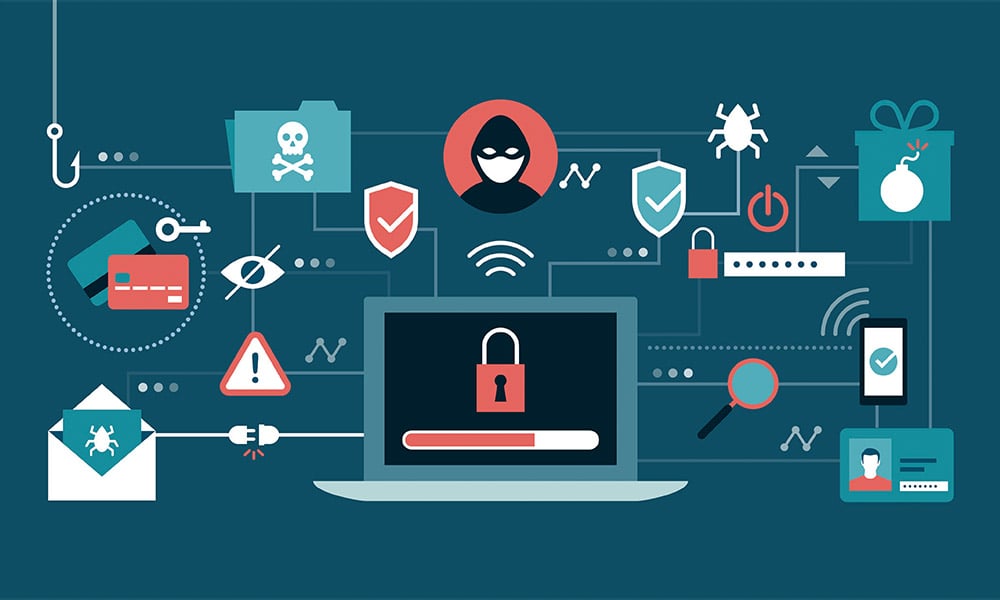
Employers are steadily investing more time and money into cyber security training; it may be a case of too little too late for some businesses

In a world ruled by machines, cyber security has never been more important. Remote working and virtual team meetings have become the new norm, meaning many of us are on our laptops for 16 hours a day.
Whilst employers are steadily investing more time and money into cyber security training, it may be a case of too little too late for some businesses.
A recent report from Tessian found that 43% of workers have made serious mistakes resulting in security repercussions for either themselves or their company.
Deadly errors
Shockingly, some of the mistakes included losing clients after messaging the wrong person (20%) and clicking on a phishing link at work (25%). In fact, 10% of workers actually lost their jobs after sending a rouge email.
In regards to phishing, 47% of employees said the main reason they’d clicked on a dodgy link was that they were distracted.
Preventing cyber attacks
“Cybersecurity training needs to reflect the fact that different demographics use technology and respond to threats in different ways and that a one-size-fits-all approach to training won’t work,” explained Tim Sadler, CEO of Tessian.
“It is also unrealistic to expect every employee to spot a scam or make the right cybersecurity decision 100 per cent of the time, especially during these uncertain times.
“To prevent simple mistakes from turning into serious security incidents, businesses must prioritise cybersecurity at the human layer. This requires understanding individual employees’ behaviours and using that insight to tailor training and policies to make safe cybersecurity practices truly resonate for each person.”
Navigating the future
According to a Check Point Software & Dimensional Research survey, 71% of IT and security professionals globally report an increase in security threats since the beginning of the pandemic.
Over half (55%) cited phishing attempts as the leading threat, followed by malicious websites claiming to offer information or advice about COVID-19 (32%) and increases in malware and ransomware (28% and 19% respectively).
Speaking to HRD, Jasmit Sagoo, senior director, head of technology UK and Ireland at Veritas Technologies, advocated investing in a strong back up plan – should any cyber threats arise.
“Data is a company’s most precious asset, but storing it entails a major responsibility to keep that data safe. This isn’t just the responsibility of the IT or security team. There is a collective obligation across the entire organisation.
“Well managed data is easier to locate, utilise and update with the latest security policies, making it easier to protect from attackers. However, you must also make careful, considered decisions about how that data is backed up in the cloud. Prevention is the best option, but when your defences fail you also need a strong backup plan to protect your most valuable data.”